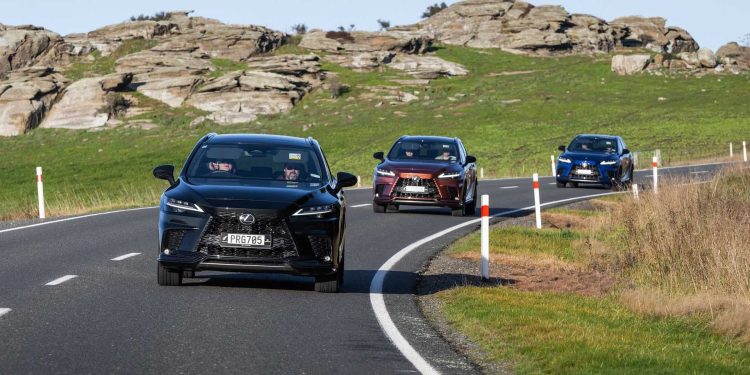What Do I Do When Driving Overseas On A Foreign Licence?
Every year, over 1.4 million Australians either visit or move to New Zealand permanently, a significant portion of whom intend to drive a car.
While doing this is a terrific way to get around and explore more of Aotearoa than you otherwise would be able to, many Aussies have one question in mind before they do so. Namely, what do I do when driving overseas on a foreign licence?
Well, there are some clear rules and regulations about this which you should be aware of before sitting behind the wheel.
In this post, we aim to clarify things to ensure you don’t have any issues once you hit the Kiwi roads.
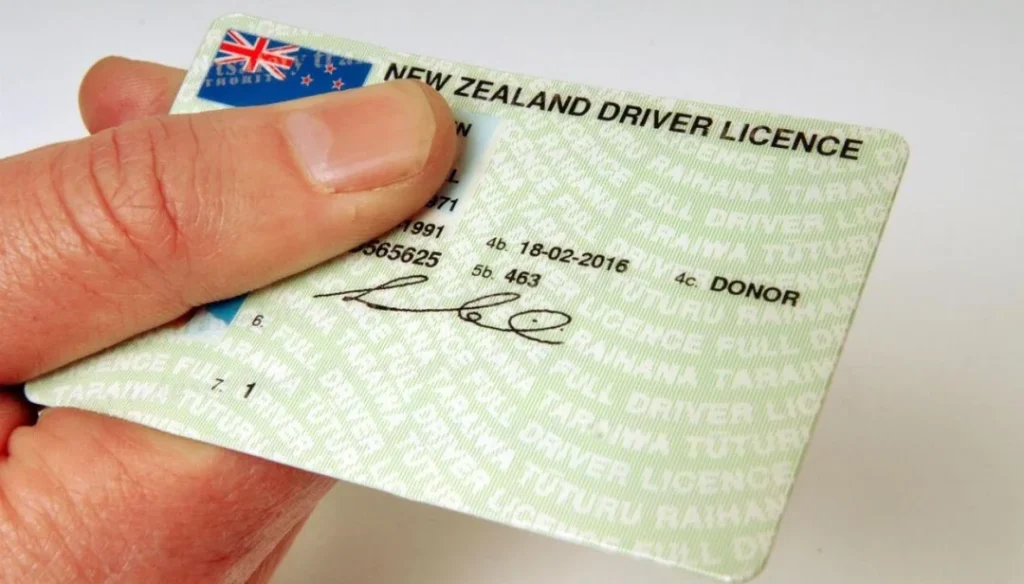
Can I drive in New Zealand?
Yes, you can drive in New Zealand if you have an Australian licence. However, there are some caveats.
They are explained in more detail in this post by Go Rentals titled Can I drive in New Zealand with an Australian licence?
However, we’ll paraphrase it below.
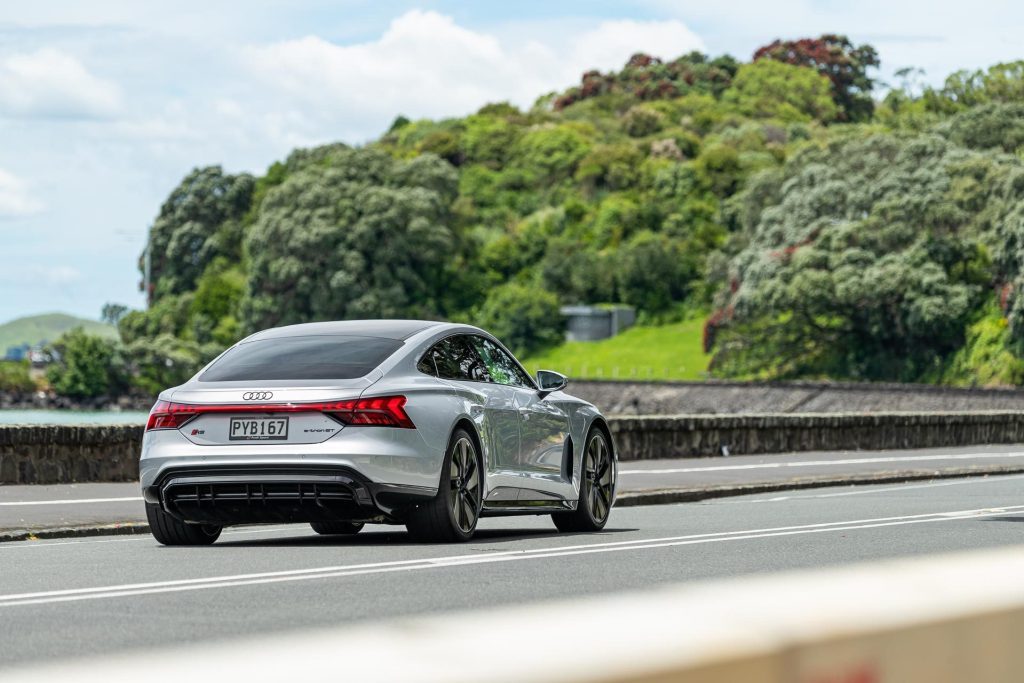
Requirements
If you do not have a driving licence issued by the New Zealand Transport Agency, you are allowed to drive in the country only if you meet all of the following requirements.
1. You must have a valid and current Australian licence or driver’s permit.
2. You must not have been suspended or disqualified from driving on New Zealand roads.
3. You must have arrived in New Zealand no longer than 12 months previously.
Should your driving licence have been issued in any other country than Australia, you will still be eligible to drive, assuming your licence is in English or you are carrying an official and accurate translated version with you.
If you stay in the country for more than 12 months, you will be obliged to get a New Zealand-issued driving licence for the remainder of your time here.
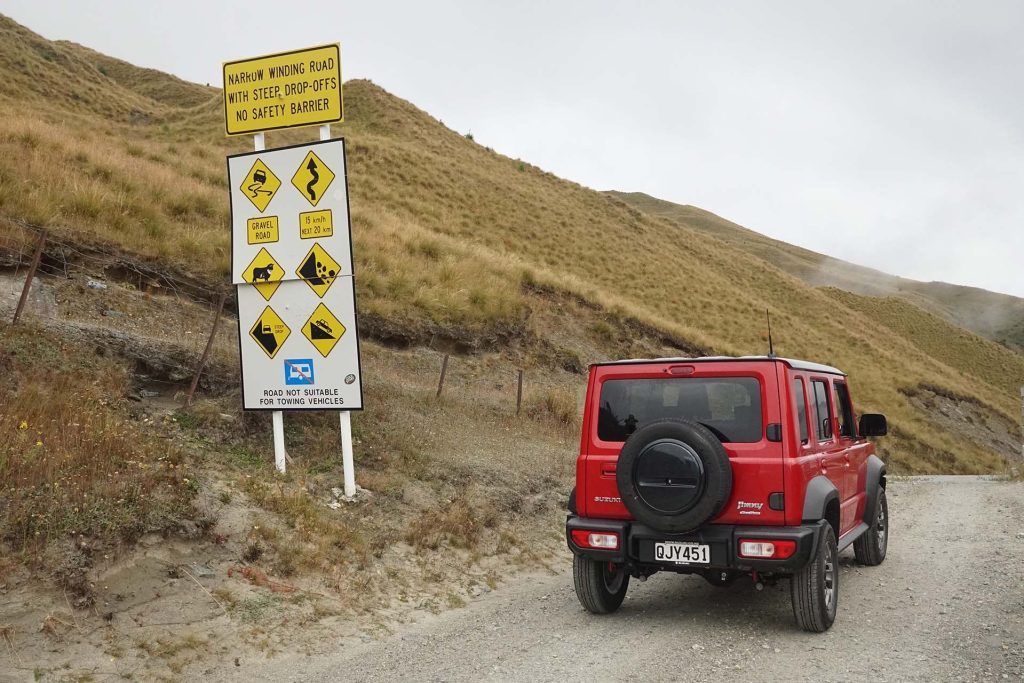
Hiring a car
If you want to drive your car and your driving licence is not in English, you would be wise to secure an international driver’s licence to make the process easier.
While the driving age in the country is 16, you could find it difficult to hire a car without an official New Zealand-issued driving licence, if you are under the age of 21. You also might have to pay a higher premium if you are under the age of 25.
Should you choose not to take out full coverage, you may also need to use a valid credit card as a holding deposit.
Road Rules
Regardless of what type of licence you have and where it was issued, if you are eligible to drive in New Zealand, you will have to follow some strict road rules.
Like in Australia, speed limits are in kilometres/hour. If you are driving in urban and built-up areas, you must not exceed 50 km/h. On expressways and motorways, you are allowed to get up to 100km/h (and rarely 110km/h on certain expressways).
Additionally, seatbelts are mandatory for all passengers regardless of whether they are in the front or back seat. You can be fined for not wearing them properly, and you are liable if any person under the age of 15 in your vehicle is not wearing them.
At the same time, all children under the age of seven must be sitting in a properly installed car seat.
If you are caught using your mobile phone as you drive, you can also be fined (currently, this figure is $150). You could also face serious consequences, such as a fine, deportation or even jail time if you are caught behind the wheel with drugs or alcohol in your system.
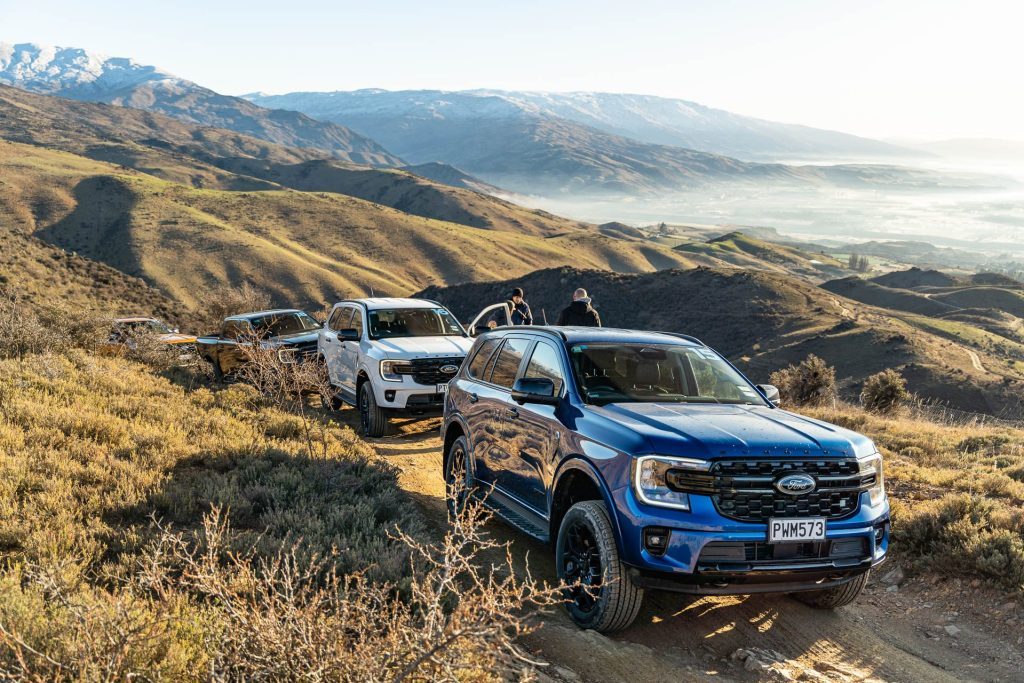
Driving on the roads
In New Zealand, we drive on the same side of the roads as Australians. However, there are some subtle nuances and differences on our side of the ditch, which you should be aware of before you start driving over here.
Generally speaking, most of New Zealand’s main roads that link cities and towns together are bitumen. Therefore, you should find these easy to drive on. However, in rural areas, you might find they comprise gravel roads and are also serpentine in nature. Therefore, it pays to drive carefully on these and stick to the recommended speed limits.
If you happen to be driving in the winter, there is a good chance that snow or ice will be on the ground. This can be tricky to navigate if you have never driven in these conditions before.
During the winter months, it is worth hiring a 4WD car to provide you with better traction on the roads. Snow chains are also mandatory to help you make your way up mountain access roads.
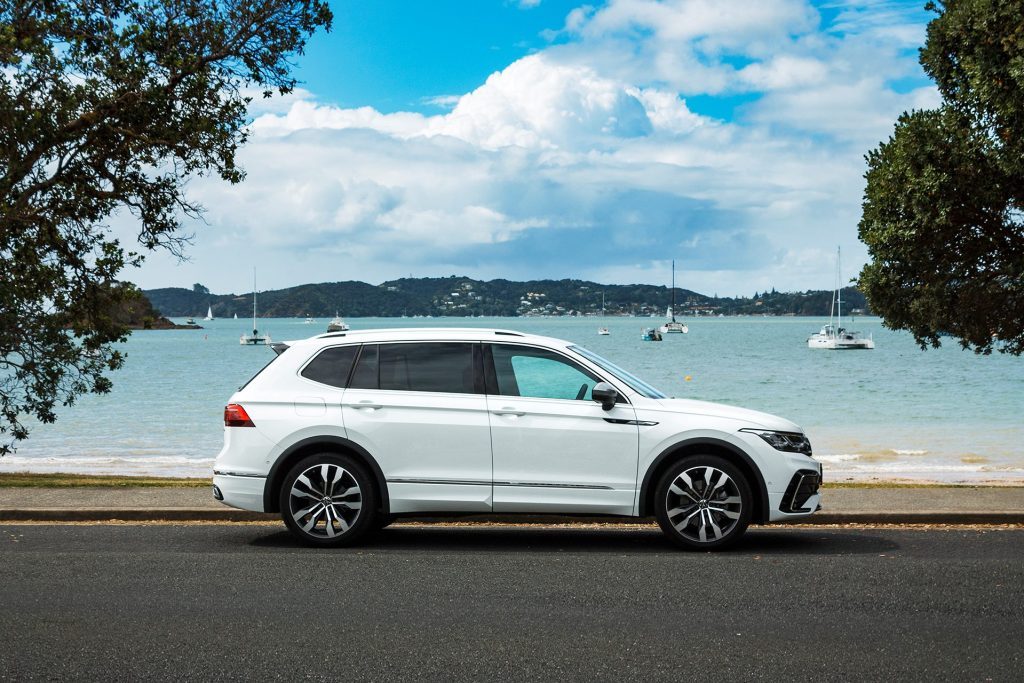
What if I get involved in an accident?
Should you get involved in an accident, irrespective of whether it’s your fault or not, it is important not to panic and remain calm and collected.
If the accident is serious, especially if injuries have been sustained, you should contact 111 immediately and wait for emergency services to arrive at the scene.
If the accident minor, simply swap details with the driver like you would in Australia before you head off.
Either way, If you are driving your rental car, make sure you let the company know, as they will advise you of what to do next.
— Paid Advertorial —


